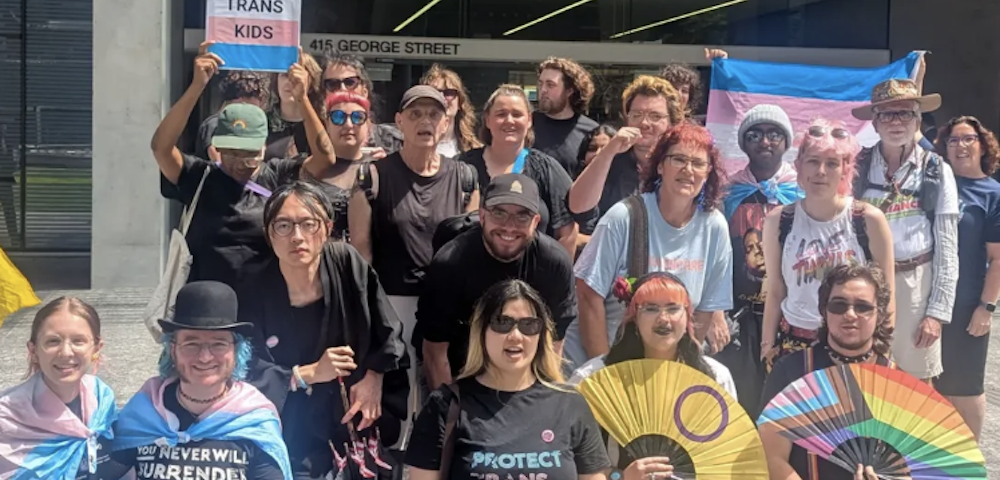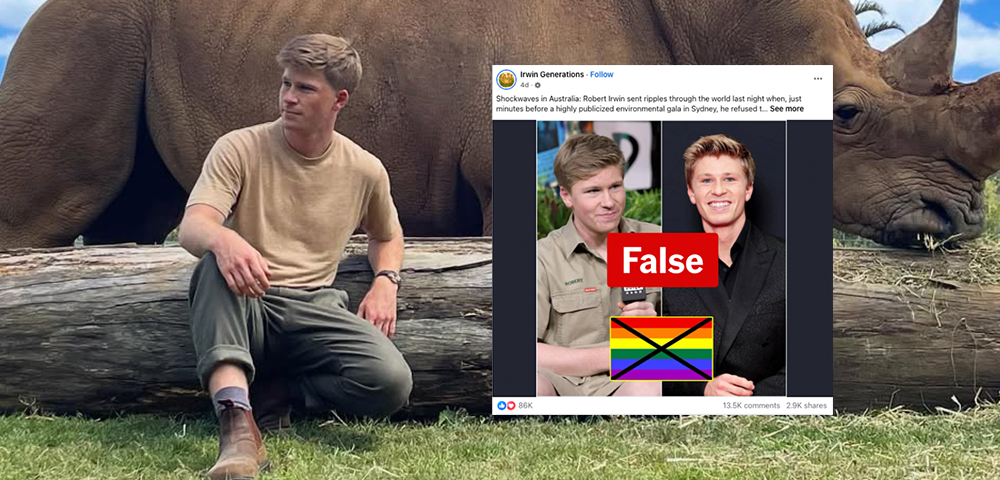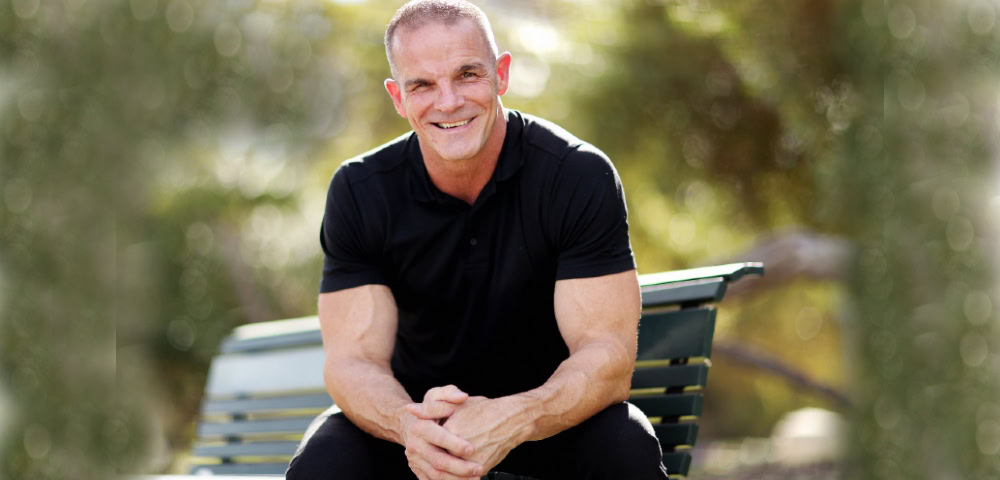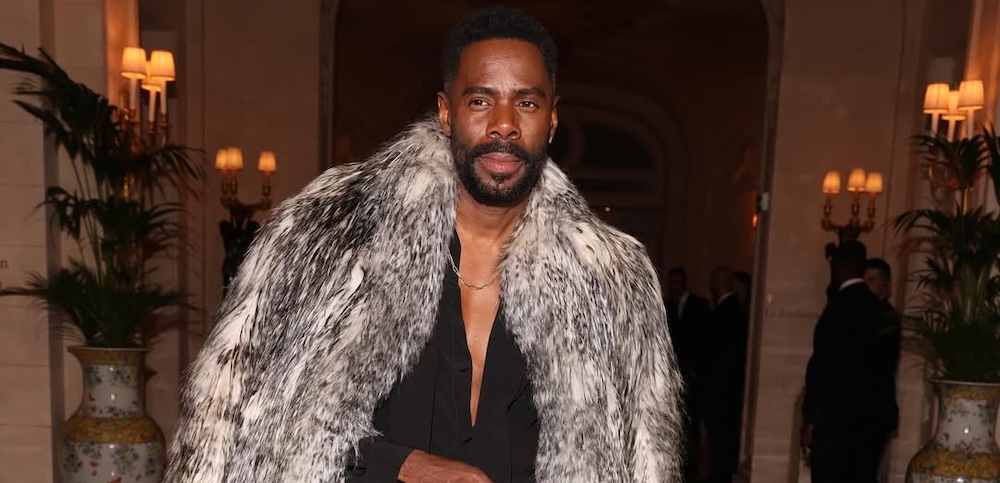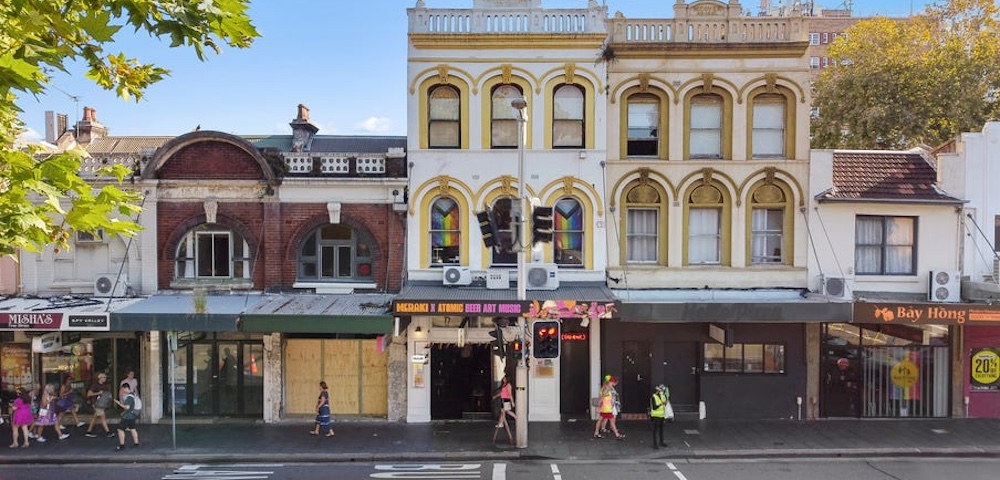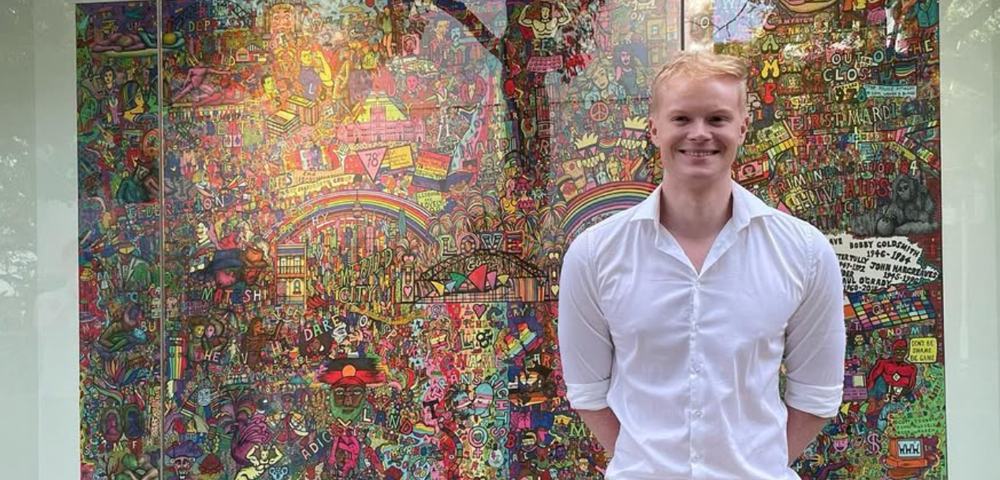
Tasmania Marks 25 Years Of Decriminalising Gay Sex
Tasmania was the last jurisdiction in Australia to decriminalise male same-sex relationships and on Sunday May 1, the LGBTQI community celebrated 25th anniversary of that historic event.
Before the law was changed on May 1, 1997, any sexual relationship between men was illegal and punishable with 21 years in gaol. Tasmania was also the only state in Australia to outlaw crossdressing – the law was repealed in 2000.
Governor Barbara Baker AC hosted a reception for LGBTQI activists at Government House on Sunday to mark the anniversary. On May 4, the State Government will release the results of its first ever LGBTIQA+ community survey.
“This is an important milestone. Quite apart from the injustice and hurt done to so many individuals and groups over such a long time, the repeal of our state’s anti-gay legislation also had an impact on our community and our parliamentary structure,” the Governor said at the event.
“The transformation has been one of hearts and minds as well as laws with Tasmania returning a Yes vote in the 2017 marriage equality that was above the national average,” said Equality Tasmania President, Rodney Croome.
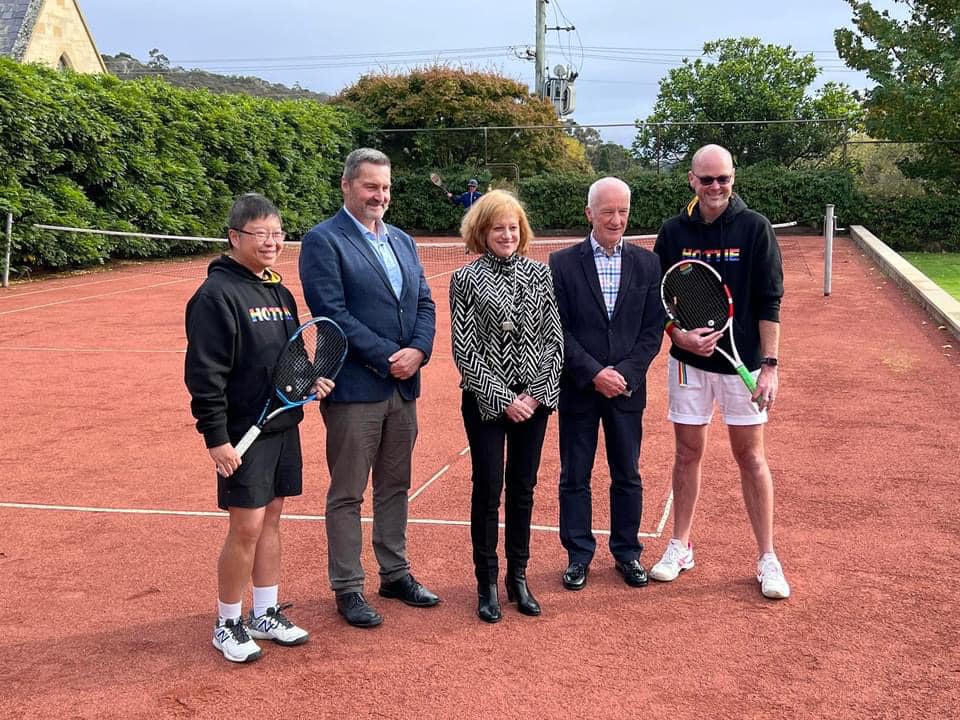
‘A Long, Hard Fought Campaign’
According to Australian Queer Archives, it took “a long and hard fought campaign” for Tasmania to finally decriminalise male same-sex relationships.
“The first wave of homosexual law reform in Tasmania, driven by the Homosexual Law Reform Group (HLRG) between 1976 and 1979, proved short-lived and ultimately unsuccessful,” AQA said in a post on social media to mark the historic anniversary.
“It wasn’t until the formation of the Tasmanian Gay Law Reform Group (TGLRG) in early 1988 that the campaign for decriminalisation really got under way. The subsequent ten year campaign led from the ‘battle of Salamanca’ to the United Nations Human Rights Committee ruling, the passage of federal sexual privacy legislation to a High Court challenge, before the Tasmanian Legislative Council finally repealed its anti-homosexual law by one vote.”
“Changing Tasmania was hard,” Croome said in his speech. “We took great risks, setting up our stall at Salamanca Market when we knew we would be arrested, submitting our case to the UN when we were told it wouldn’t work, turning ourselves in to the police when we could have been gaoled.”
“We also bared our souls to those who didn’t understand us, and sometimes feared and scorned us, as we travelled around the Island talking about our lives and the need for law reform to anyone and everyone who would listen,” said Croome.
Morrison’s Bid To Override Tasmania’s Anti-Discrimination Law
Though Tasmania was late to the party, it was quick to adopt law reforms. Today it has one of the most progressive anti-discrimination laws.
Prime Minister Scott Morrison’s bid to override Tasmiania’s anti-discrimination laws earlier this year with his Religious Discrimination Bill failed. Morrison had to indefinitely shelve his legislation when five Liberal MPs crossed the floor of the house to vote with Labor and Independent MPs for amendments to protect gay and trans students.
“Tasmania now has some of the best LGBTIQ+ legislation in Australia, but much remains to be done to ensure full equality,” said Equality Tasmania.




